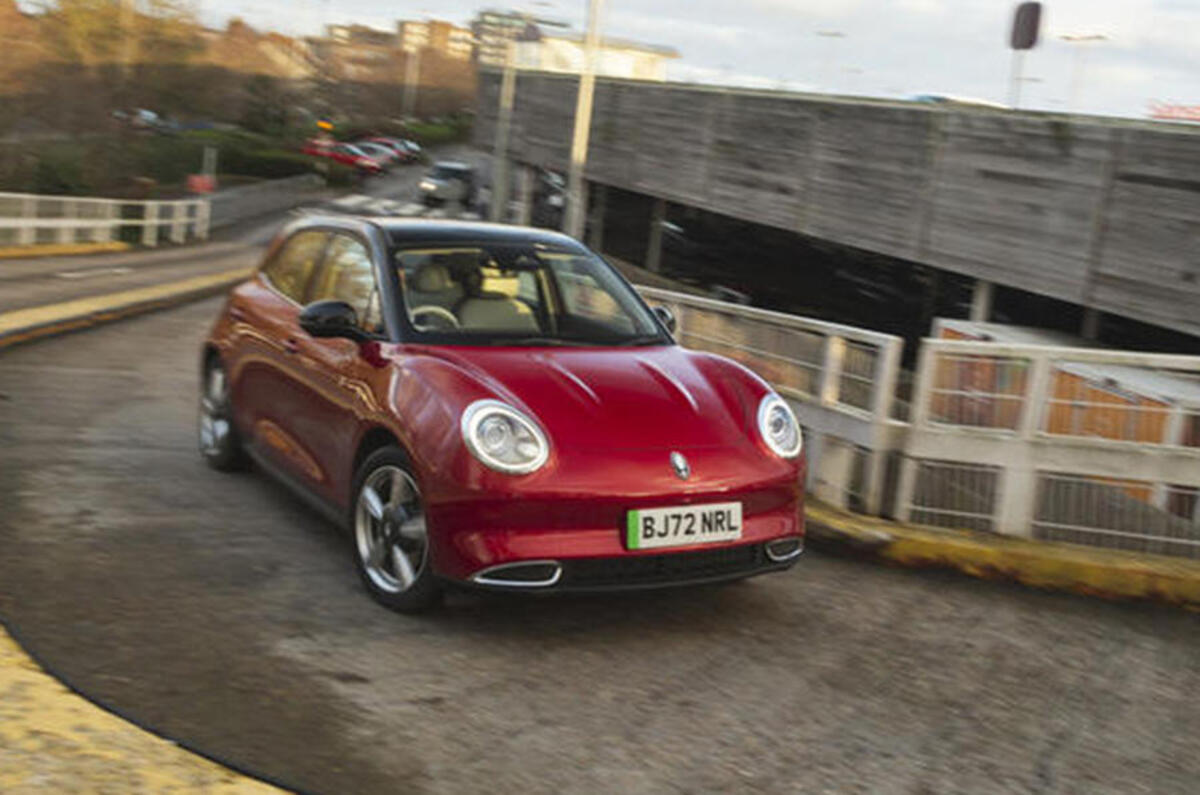The UK “will have to follow” the EU by imposing additional tariffs on Chinese EV makers, industry executives and watchers have said. However, the UK could also exploit the split by encouraging more inward Chinese investment.
On Wednesday, the European Commission announced that Chinese-built EVs exported to the EU are to be hit with additional duty rates as high as 38.1% in reaction to investigations concluding that EVs in China benefit from “unfair subsidisation”.




Add your comment